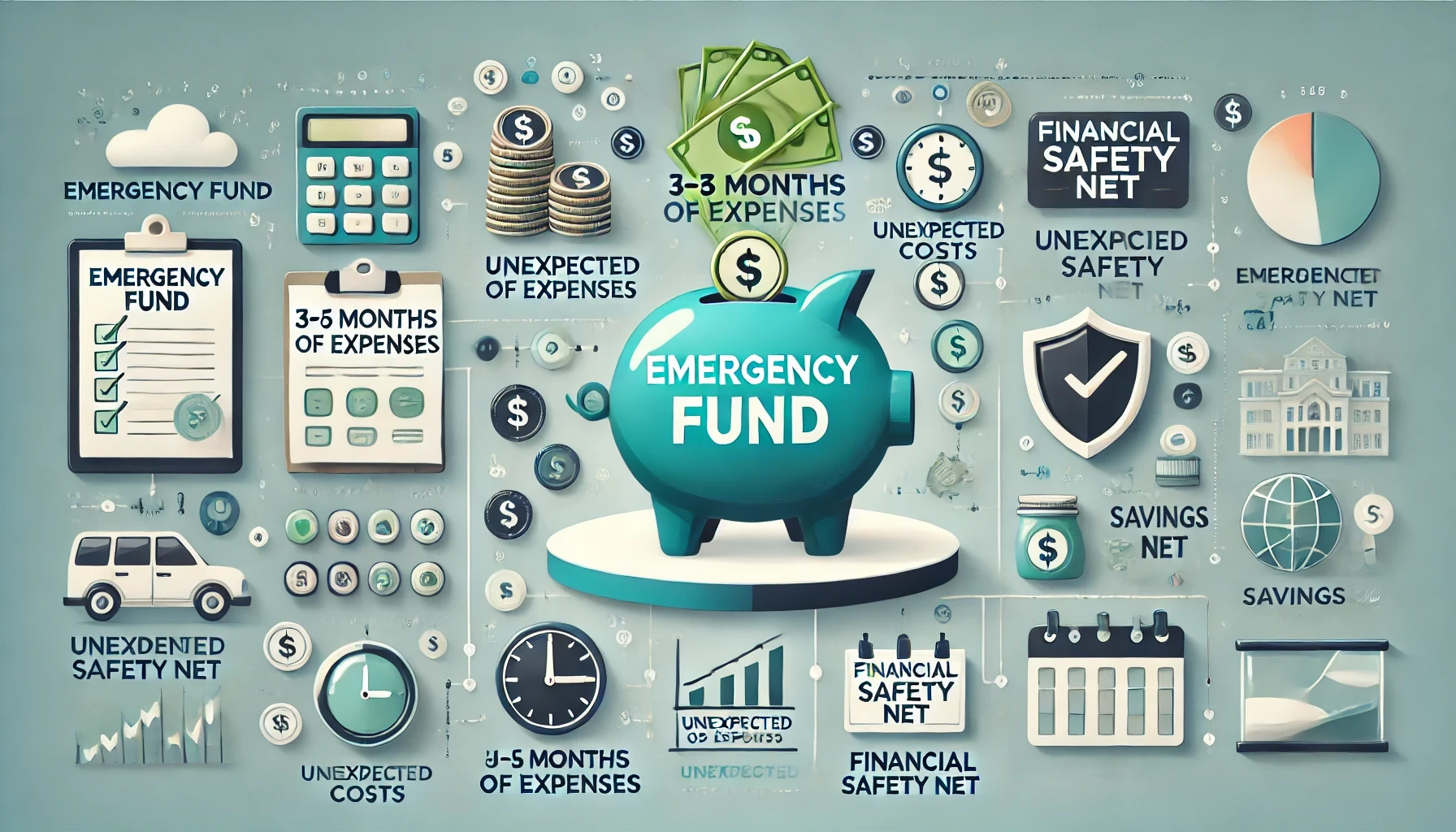10 proven tips to help you save money even when your budget is tight:

Saving money can feel impossible when you’re living on a tight budget, but with the right strategies, it’s absolutely achievable. Whether you’re struggling with high expenses or a low income, small changes can make a big difference. Here are 10 proven tips to help you save money even when your budget is tight.
1. Track Your Expenses
The first step to saving money is understanding where it’s going. Keep a record of your spending using a budgeting app, a spreadsheet, or even a simple notebook. Once you see where your money is going, it’s easier to cut out unnecessary expenses.
2. Create a Realistic Budget (50/30/20 rule)
A budget is your best tool for managing money. Use the 50/30/20 rule as a guideline:
- 50% for necessities (rent, food, bills)
- 30% for wants (entertainment, dining out)
- 20% for savings and debt repayment
If your income is tight, adjust these percentages to fit your needs. The goal is to make sure every dollar has a purpose.
3. Cut Unnecessary Expenses
Identify non-essential spending and eliminate or reduce it. Some quick ways to cut costs include:
- Canceling unused subscriptions (streaming, gym memberships)
- Eating out less and cooking at home
- Reducing impulse purchases by using a 48-hour rule before buying anything unnecessary
4. Shop Smart for Groceries
Food is a major expense, but you can save by:
- Making a grocery list and sticking to it
- Buying store-brand products instead of name brands
- Using coupons and cashback apps
- Shopping in bulk for non-perishable items
5. Lower Your Bills
Many people overpay on basic bills. Here’s how you can reduce them:
- Negotiate lower rates for internet, phone, and insurance
- Switch to a more affordable energy provider
- Use energy-efficient appliances and turn off electronics when not in use
- Consider cutting cable and using streaming services instead
6. Use Public Transportation or Carpool
If you own a car, fuel, maintenance, and insurance add up quickly. Reduce costs by:
- Using public transportation when possible
- Carpooling with coworkers or friends
- Walking or biking for short distances
7. Find Free or Low-Cost Entertainment
Entertainment doesn’t have to be expensive. Look for free activities like:
- Local community events
- Free museum days
- Public parks and hiking trails
- Streaming free movies and shows online
8. Increase Your Income with Side Hustles
If cutting expenses isn’t enough, look for ways to boost your income. Some low-cost side hustles include:
- Freelancing (writing, graphic design, social media management)
- Selling unused items online
- Taking paid surveys or doing gig work like Uber, DoorDash, or TaskRabbit
Even an extra $50-$100 per week can make a big difference in your savings.
9. Automate Your Savings (Even If It’s Small)
Even if you can only save $5 or $10 per week, automating your savings helps build good habits. Set up an automatic transfer to a savings account so you’re consistently putting money aside. Over time, small savings add up.
10. Focus on Your Financial Goals
Having a clear financial goal helps you stay motivated. Whether it’s paying off debt, building an emergency fund, or saving for a big purchase, remind yourself why you’re making these sacrifices.
| # | Money-Saving Tip | Description |
|---|---|---|
| 1️⃣ | Track Your Expenses | Monitor where your money goes using apps or a simple spreadsheet. |
| 2️⃣ | Create a Realistic Budget | Use a budgeting method (e.g., 50/30/20 rule) to prioritize essential spending. |
| 3️⃣ | Cut Unnecessary Expenses | Eliminate non-essential spending like dining out, subscriptions, and impulse purchases. |
| 4️⃣ | Shop Smart for Groceries | Use discount stores, coupons, meal planning, and avoid buying unnecessary items. |
| 5️⃣ | Lower Your Bills | Negotiate utility bills, switch to cheaper plans, and reduce electricity and water use. |
| 6️⃣ | Use Public Transportation | Save money on gas and car maintenance by taking public transport or carpooling. |
| 7️⃣ | Find Free or Low-Cost Entertainment | Look for free events, use public libraries, and enjoy outdoor activities. |
| 8️⃣ | Increase Your Income with Side Hustles | Take up freelancing, sell items online, or do gig work to boost earnings. |
| 9️⃣ | Automate Your Savings | Set up automatic transfers to a savings account, even if it’s a small amount. |
| 🔟 | Focus on Financial Goals | Stay motivated by setting clear short- and long-term financial goals. |
10 Life-Changing Ways to Save Money & BuildWealth
Final Thoughts
Saving money on a tight budget is challenging but possible. Start by tracking your expenses, cutting unnecessary costs, and finding ways to increase your income. Small changes today can lead to big financial improvements in the future.
How Do Beginners Start Passive Income?
Q: What is passive income?
A: Passive income is money earned with little to no daily effort after an initial setup, like dividends, rentals, or digital products.
Q: How can a beginner start earning passive income?
A: Start small with low-cost options like affiliate marketing, selling digital products, or investing in dividend stocks.
Q: How much money is needed to start?
A: Some methods, like blogging or YouTube, require zero upfront investment, while others, like real estate, need capital.
Q: How long does it take to make passive income?
A: It varies—some methods (e.g., dividends) generate income quickly, while others (e.g., content creation) take months.
Q: What’s the best passive income for beginners?
A: Affiliate marketing, blogging, and digital product sales are great low-cost starting points!
Smart Budgeting & Saving Strategies
What are 10 proven tips to help you save money?
The best 10 proven tips to help you save money include creating a budget, automating savings, reducing unnecessary spending, meal prepping, using cashback apps, buying in bulk, negotiating bills, avoiding impulse purchases, setting financial goals, and investing wisely.
How does budgeting help you save money?
Budgeting is one of the 10 proven tips to help you save money because it helps track income and expenses, ensuring you control spending and allocate funds efficiently.
Why is automating savings a key strategy?
Among the 10 proven tips to help you save money, automating savings is crucial because it ensures consistency, prevents overspending, and builds financial security over time.
How can cutting small expenses help?
One of the 10 proven tips to help you save money is reducing daily expenses, such as skipping premium coffee or dining out less, which can save thousands yearly.
What’s the best way to save money on groceries?
One of the 10 proven tips to help you save money on groceries is meal planning, which prevents impulse purchases and minimizes food waste. Buying in bulk and using coupons can also reduce costs significantly.
📉 Reducing Expenses & Increasing Savings
How does negotiating bills help?
A lesser-known trick among the 10 proven tips to help you save money is negotiating bills. Many service providers offer better deals if you ask or compare competitors’ rates.
Why should you avoid impulse spending?
One of the most effective 10 proven tips to help you save money is waiting 24 hours before making a purchase. This helps determine if an item is a need or just a want.
How do financial goals help with saving?
Setting clear financial goals is one of the top 10 proven tips to help you save money because it keeps you focused, motivates long-term savings, and helps with better spending habits.
Why is investing part of these 10 proven tips?
Investing isn’t just about making money—it’s one of the smartest 10 proven tips to help you save money by growing your savings over time through compound interest.
What’s the key takeaway from these 10 proven tips?
By following these 10 proven tips to help you save money, you can take control of your finances, reduce unnecessary spending, and build long-term wealth effortlessly.
Follow us:
Read on:








4 thoughts on “10 proven tips to help you save money even when your budget is tight.”